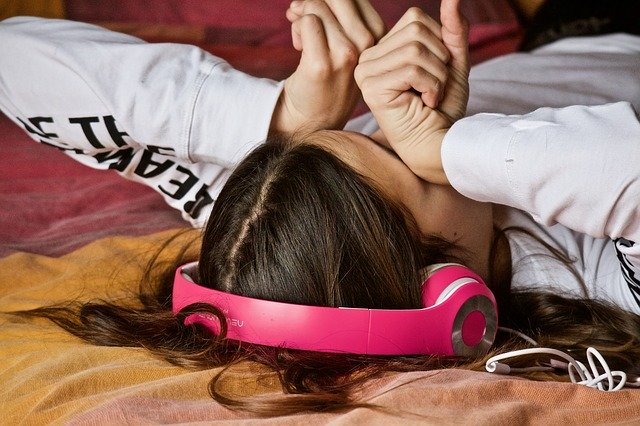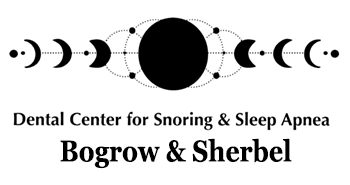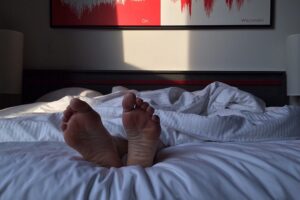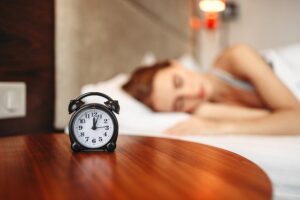Sleep Apnea Concerns and the Coronavirus

It is no secret that there is a global infectious outbreak. The coronavirus has put a lot of stress on the healthcare industry and thousands have been to the hospital due to respiratory complications. Older individuals and those who have pre-existing conditions need to be aware of their risk factors. Dr. Earl Bogrow wants to share relevant information for those who use a CPAP device and have obstructive sleep apnea. This information is not a substitute for discussing your health care and sleep apnea diagnosis and treatment with a licensed professional. Please continue to follow the CDC tips on how you can prevent getting sick and discuss any questions or concerns with your physician.
Are sleep apnea patients more at risk for the coronavirus?
There are two factors linked to serious complications from the coronavirus. These are age and chronic health conditions. Coronavirus can be more serious for those who have chronic conditions such as heart disease, respiratory diseases like COPD and sleep apnea, and diabetes. Older patients also seem to be more susceptible to developing pneumonia which can be fatal. Since sleep apnea is more common in patients who are over the age of 65, patients may have a higher risk factor.
How CPAP Users can Prevent Infection and Stay Healthy
In addition to following the CDC guidelines to help prevent the spread of COVID-19, people with sleep apnea can also take some extra precautions.
Get adequate amounts of sleep.
Research indicates sleep is important to maintaining a strong immune system so your body can fight off illness. Sleep also helps the body recover when it has been ill. Go to bed early and get plenty of quality rest.
CPAP Compliance
Sleep apnea causes sleep to be disrupted. Managing your symptoms effectively by using your CPAP appliance is critical. Sleep apnea treatment can help you stay healthy and helps decrease the likelihood of getting sick. Now is not the time to stop using your CPAP machine.
Continue to Practice Good Hygiene
CPAP users need to refrain from touching their face so that pathogens don’t have the opportunity to enter the body via the eyes, mouth, or nose. Properly washing your hands and disinfecting high-touch surfaces in your house are essential. The WHO suggests part of respiratory hygiene is covering your nose and mouth with your elbow or a tissue when sneezing or coughing. Dispose of used tissue immediately.
CPAP Device Maintenance
Before cleaning or handling your CPAP device, make sure you wash your hands with soap and water. Make sure to clean your CPAP machine thoroughly and often according to the manufacturer’s instructions. You can clean it daily. This includes cleaning the mask, water chamber, and tubing. Wash your face and hands prior to putting the mask on. Check the instructions for cleaning and replacing the filter and make sure to do it as directed by the manufacturer. Remember to use distilled water in the humidifier or water chamber to keep it clean.
Know the Common Symptoms and Don’t Ignore Them
Since CPAP users might be at a higher risk for developing COVID-19 complications, closely monitor symptoms. If you notice a dry cough, difficulty breathing, or if you start running a fever, contact emergency services or your primary care physician.
Contact Bogrow & Associates
If you have been diagnosed with sleep apnea and have questions about sleep apnea and the coronavirus or would like to explore how a sleep appliance can help address sleep apnea that has been diagnosed by a physician, please reach out to the team of sleep professionals at Bogrow & Associates. Dr. Earl Bogrow has been providing care for patients in Southfield, Michigan since 1981. He makes patient’s needs a priority.









